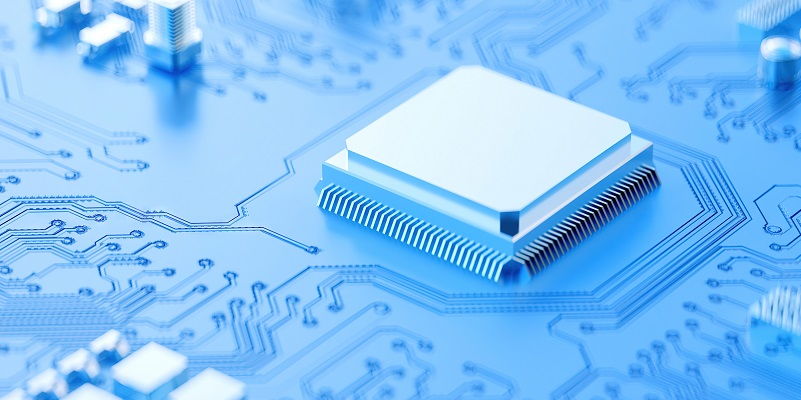Intel’s highly anticipated Core i9-14900K CPU has made its debut in pre-built gaming PCs on the popular online retailer Newegg, prior to its official launch scheduled for the upcoming week. This surprise appearance has stirred up excitement among gamers and technology enthusiasts, giving them a glimpse of Intel’s flagship chip for the 14th Gen Raptor Lake Refresh lineup.
Early retail listings
Even though the official retail date for Intel’s 14th Gen Raptor Lake Refresh CPUs is still two days away, numerous online retailers have already listed these powerful processors. This early release of retail listings has further fueled the anticipation surrounding Intel’s next-gen CPUs, indicating that consumers can soon get their hands on these high-performance computing solutions.
Pre-built Gaming PCs on Newegg
Adding to the buzz, system builders CLX Gaming and Skytech have taken the lead by listing the first pre-built gaming PCs featuring the Core i9-14900K on Newegg. This unexpected move has caught the attention of enthusiasts, raising excitement levels for the chip’s official launch. The availability of these pre-built gaming PCs before the official release suggests that the Core i9-14900K is already in production and could hit the market shortly after the launch.
Specifications of the pre-built PCs
Both pre-built gaming PCs listed by CLX Gaming and Skytech come equipped with the powerful NVIDIA GeForce RTX 3090 GPUs, ample memory, and fast storage solutions. The higher-end offering, priced at $6,999, boasts top-tier specifications suitable for enthusiasts seeking the ultimate gaming experience. The more affordable option, priced at $3,899, still delivers impressive performance and features, making it an attractive option for gamers on a slightly tighter budget.
Pricing Difference Explained
While the pricing difference between the two pre-built gaming PCs might seem significant, it can be attributed to variations in other components as well as the storage and memory capacities. The Core i9-14900K chip itself is expected to cost around $600, similar to its predecessor, the Core i9-13900K. This pricing consistency assures potential buyers that they can procure Intel’s latest flagship processor without incurring any substantial additional costs.
Core i9-14900K Overview
As the centerpiece of Intel’s 14th Gen Raptor Lake Refresh lineup, the Core i9-14900K is set to deliver significant improvements in performance, core counts, and power efficiency compared to its predecessor. With advancements in architecture and optimization, the chip promises to provide gamers and professionals with the horsepower they require for intensive tasks while maintaining energy efficiency.
Indication of Production and Availability
The availability of pre-built gaming PCs featuring the Core i9-14900K signals that the chip is already in production. This early glimpse into its availability reassures consumers that they won’t have to wait long after the official launch to get their hands on this powerful CPU and enjoy an unmatched computing experience. Intel’s commitment to delivering their latest technology in a timely manner is an encouraging sign for enthusiasts eagerly awaiting this release.
Gamers and technology enthusiasts seeking top-notch components for their builds should keep an eye out for the Core i9-14900K and the pre-built gaming PCs featuring this impressive chip. The early debut of these PCs on Newegg, prior to the official launch, provides a great opportunity for individuals who are eager to upgrade their systems or assemble a new powerhouse gaming rig. With the promising specifications and advancements offered by the Core i9-14900K, Intel aims to cater to the growing demands of gamers and professionals alike. The future is looking exciting for Intel and its customers as they embrace the power and efficiency of the latest generation of processors.

